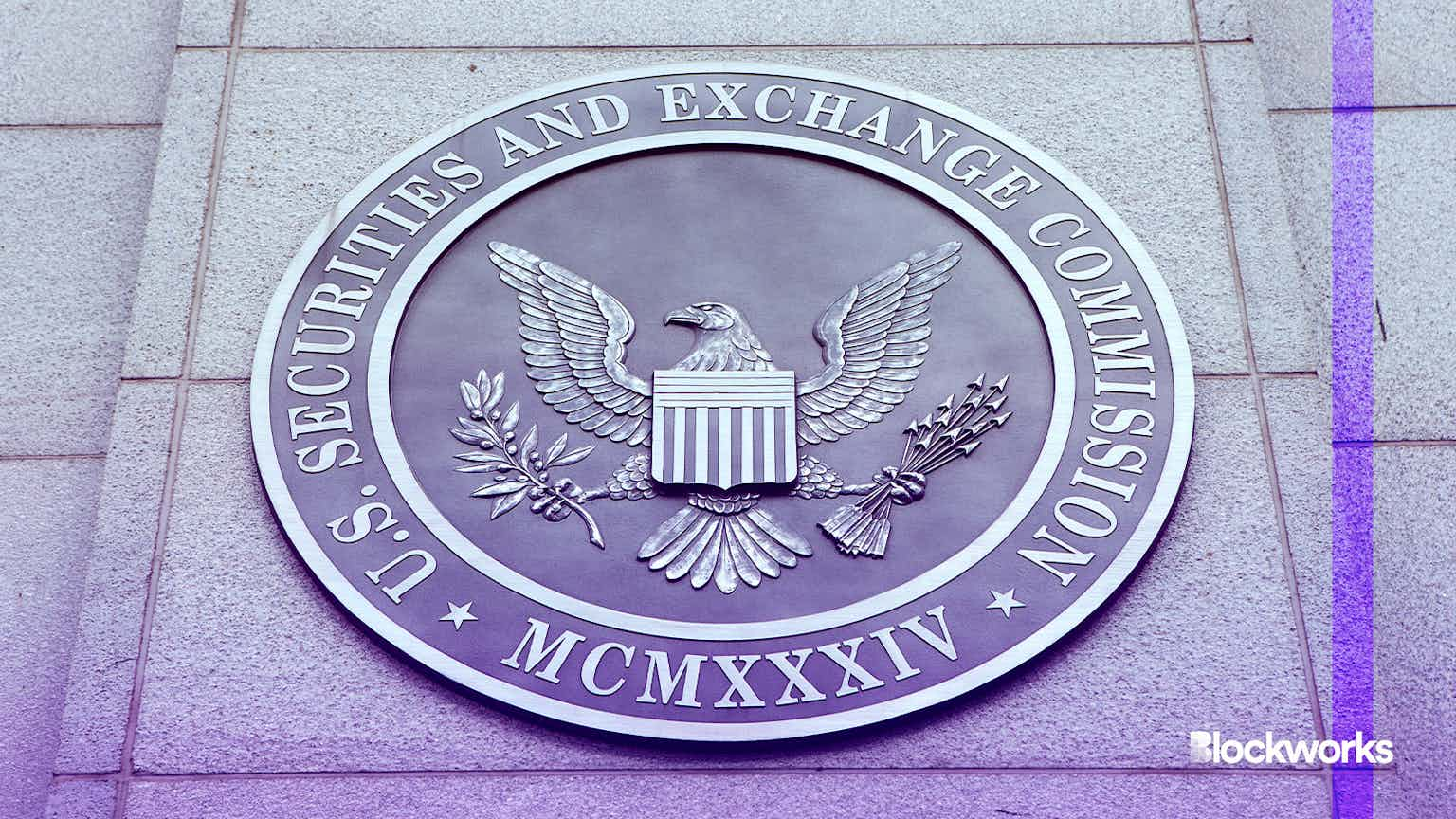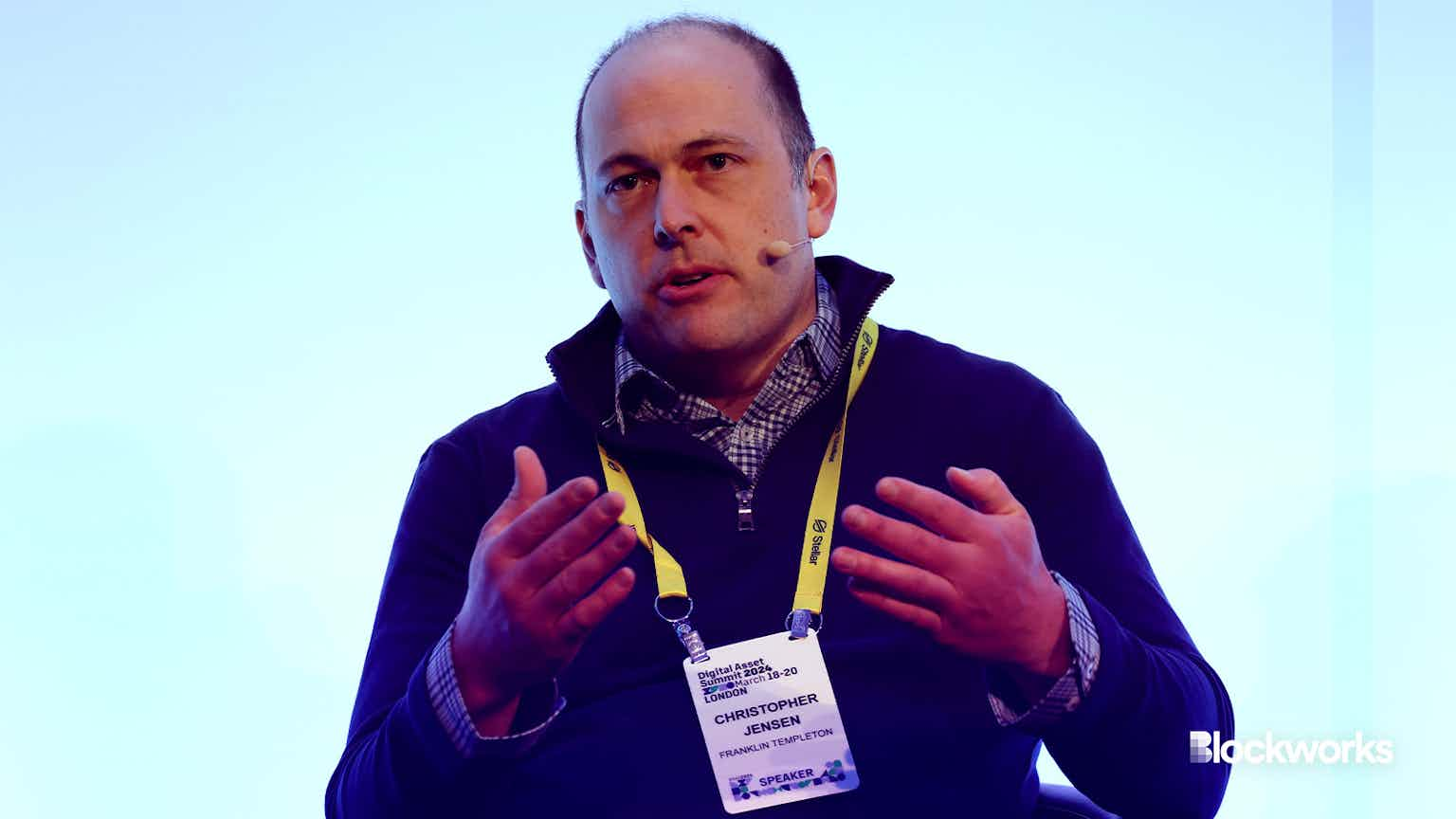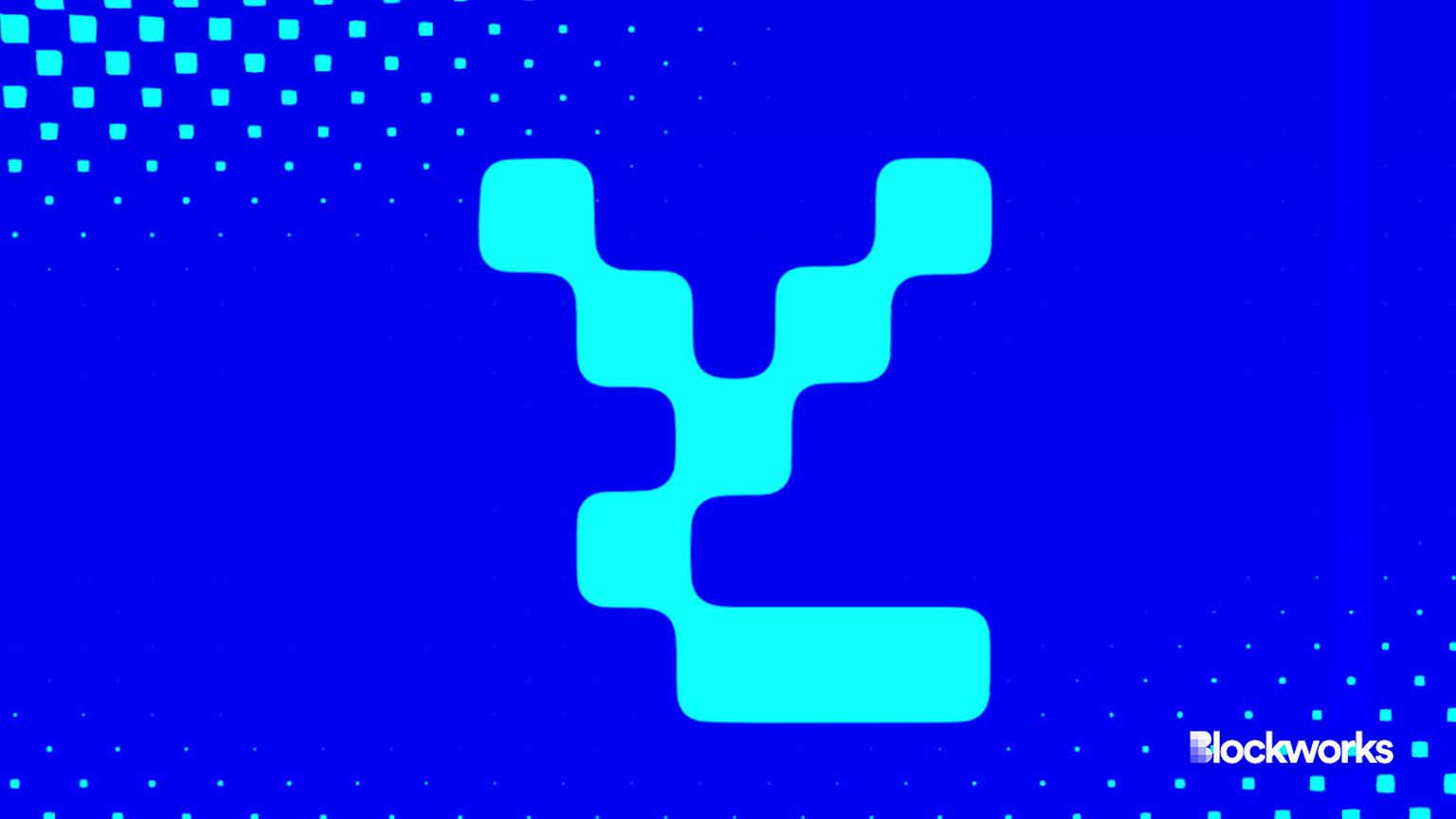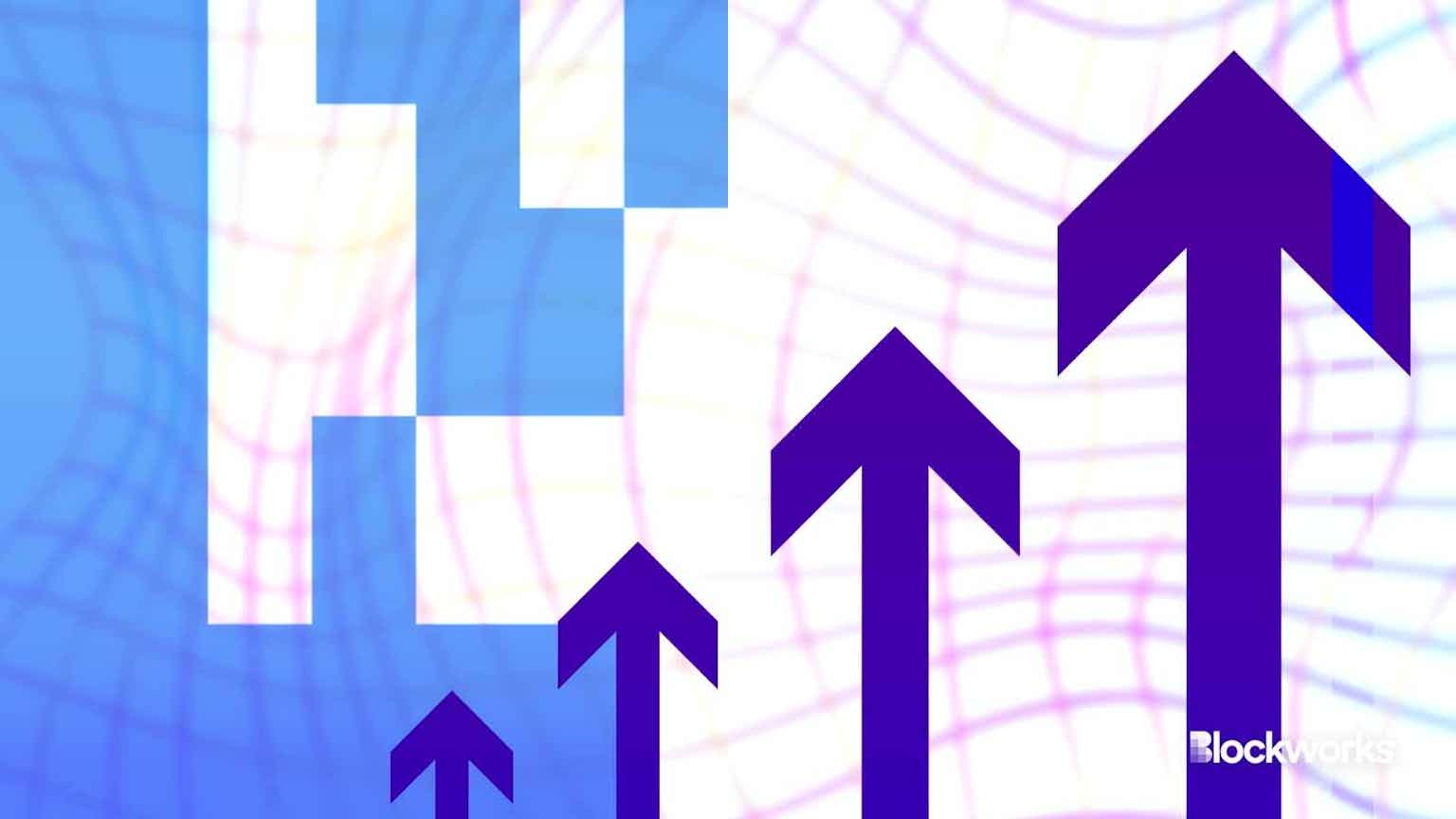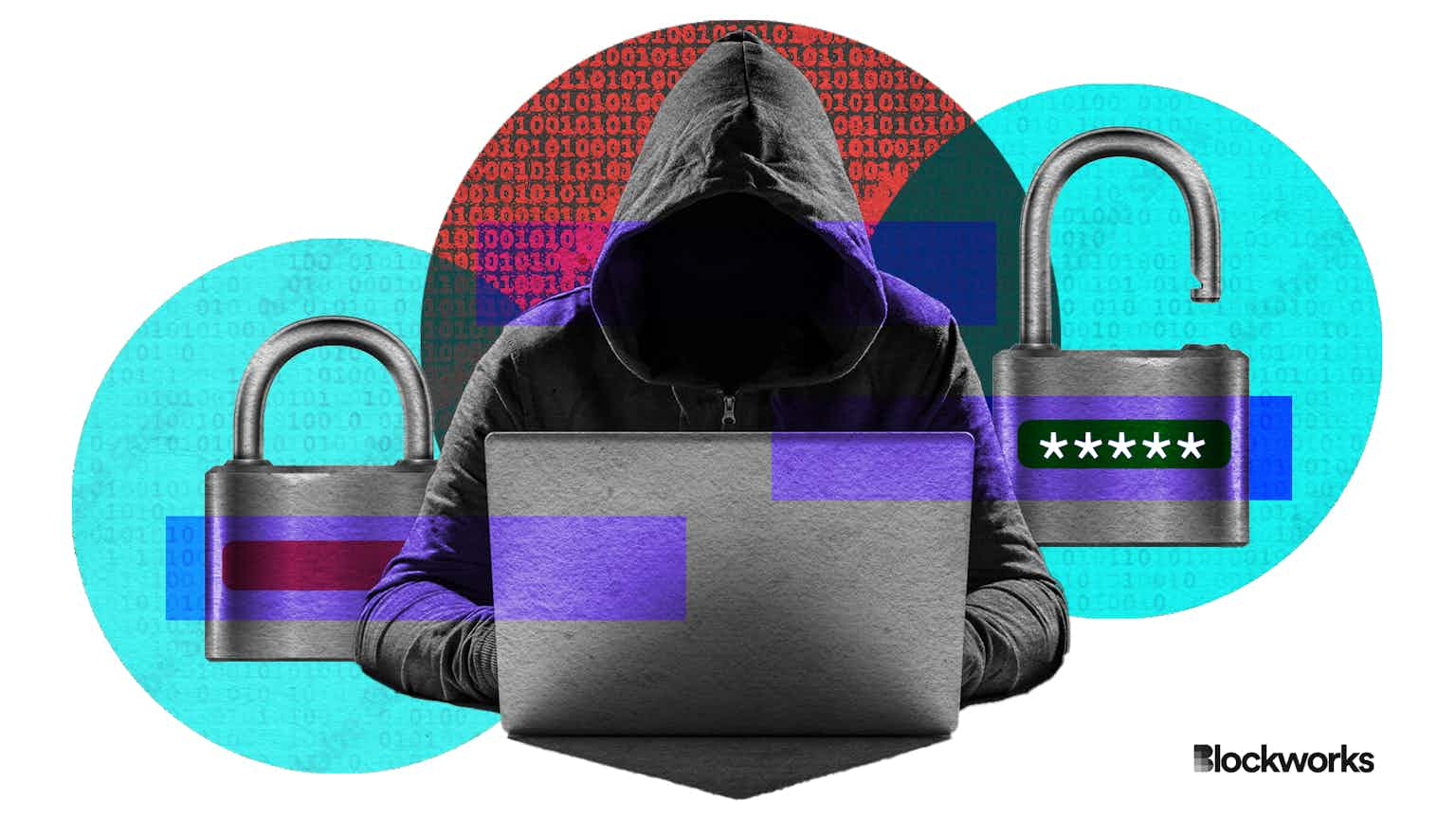Core DAO Is Using Bitcoin to Solve the Blockchain Trilemma
Core DAO is bridging proof-of-work and delegated proof-of-stake to create the Satoshi Plus Consensus Mechanism

SWKStock/Shutterstock modified by Blockworks
Core DAO is merging proof-of-work (PoW) and delegated proof-of-stake (DPoS) with the hope of solving the blockchain trilemma.
The blockchain trilemma refers to the trade-offs layer-1 solutions must make when building a blockchain network. Between optimal security, scalability and decentralization, networks must only choose two out of the three elements.
Ethereum, for example, prioritizes security and decentralization, but is not extremely scalable. For this reason, with more users on the network, gas prices increase and transaction speeds slow down. The network has since introduced sidechains — layer-2 solutions — to resolve this issue.
Core DAO has taken a different approach by using its Satoshi Plus Consensus. This consensus mechanism bridges PoW and DPoS, Rich Rines, an initial contributor at Core DAO, told Blockworks.
“You get traditional DPoS elements on one side, then the other part that is quite unique is the proof-of-work part or delegated hash,” Rines said. “We have an actor in our system called relayers, and what they do is run an on-chain light client for Bitcoin.”
Bitcoin block headers get transmitted to the Bitcoin light client through these relayers, Rines explained. Miners who are securing the Bitcoin network will have the ability to opt into having their hash power the Satoshi Plus consensus — meaning they must delegate their hash to a validator run by themselves or a third party.
It is important to note that this type of delegation will simply repurpose miners’ work without them having to choose between securing two different networks. This way, the network can remain decentralized through Bitcoin computing power and scalable through DPoS.
“It’s very hard to be as decentralized as Bitcoin, we idolize Bitcoin…and part of our reward mechanism is those rewards that come to the delegated hash, which goes to mining pools and sent to the miners directly allow Bitcoin security to increase, and there is no additional energy expenditure,” Rines said.
By combining Bitcoin computing power for decentralization, DPoS leadership that enables scalability and the entire network operations to maintain security, Rines notes that Core DAO is able to create a layer-1 solution that combines the three core elements of blockchain technology.
Core DAO has recently launched a $200 million ecosystem fund to grow the Satoshi Plus Consensus. The project will use the fund to grow projects in the ecosystem, funding marketing, research and recruiting programs.
“Unlike other projects, we’re looking at it a little differently, the question we always want answered is, is this good for our users, we want to give them unique experiences that they can’t get anywhere else, and we want to continue to double and triple down on that,” Rines said.
Start your day with top crypto insights from David Canellis and Katherine Ross. Subscribe to the Empire newsletter.
